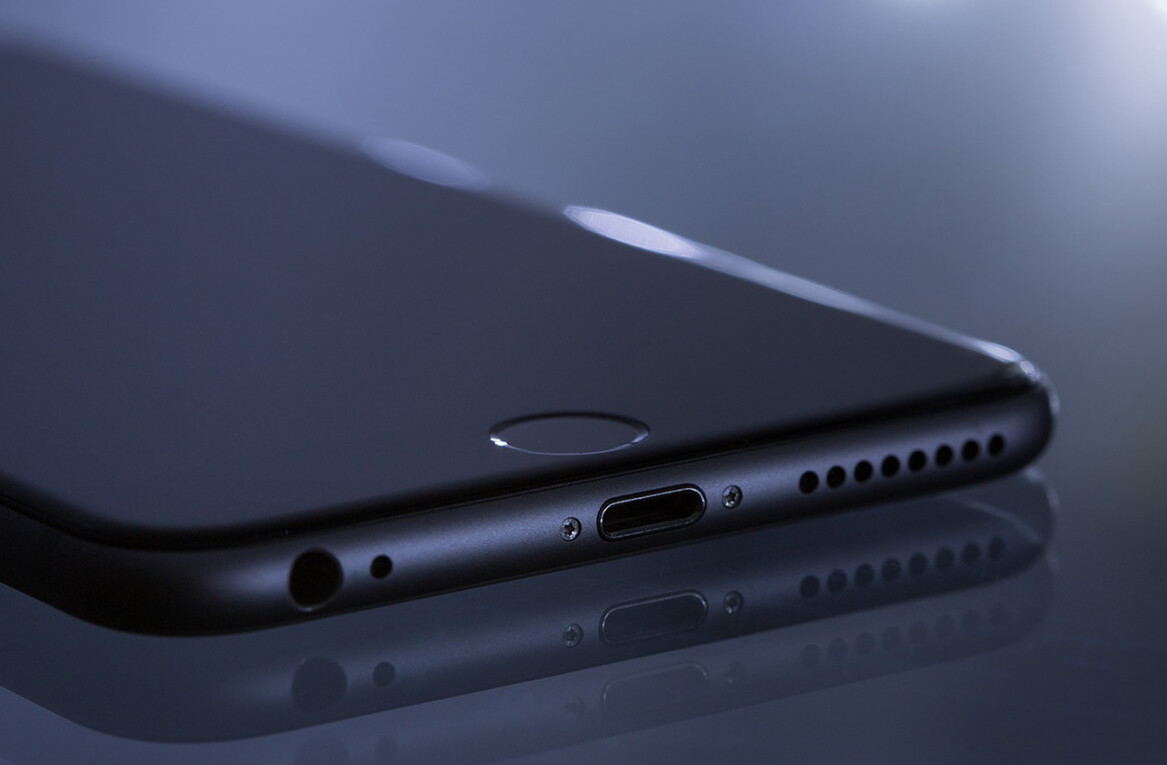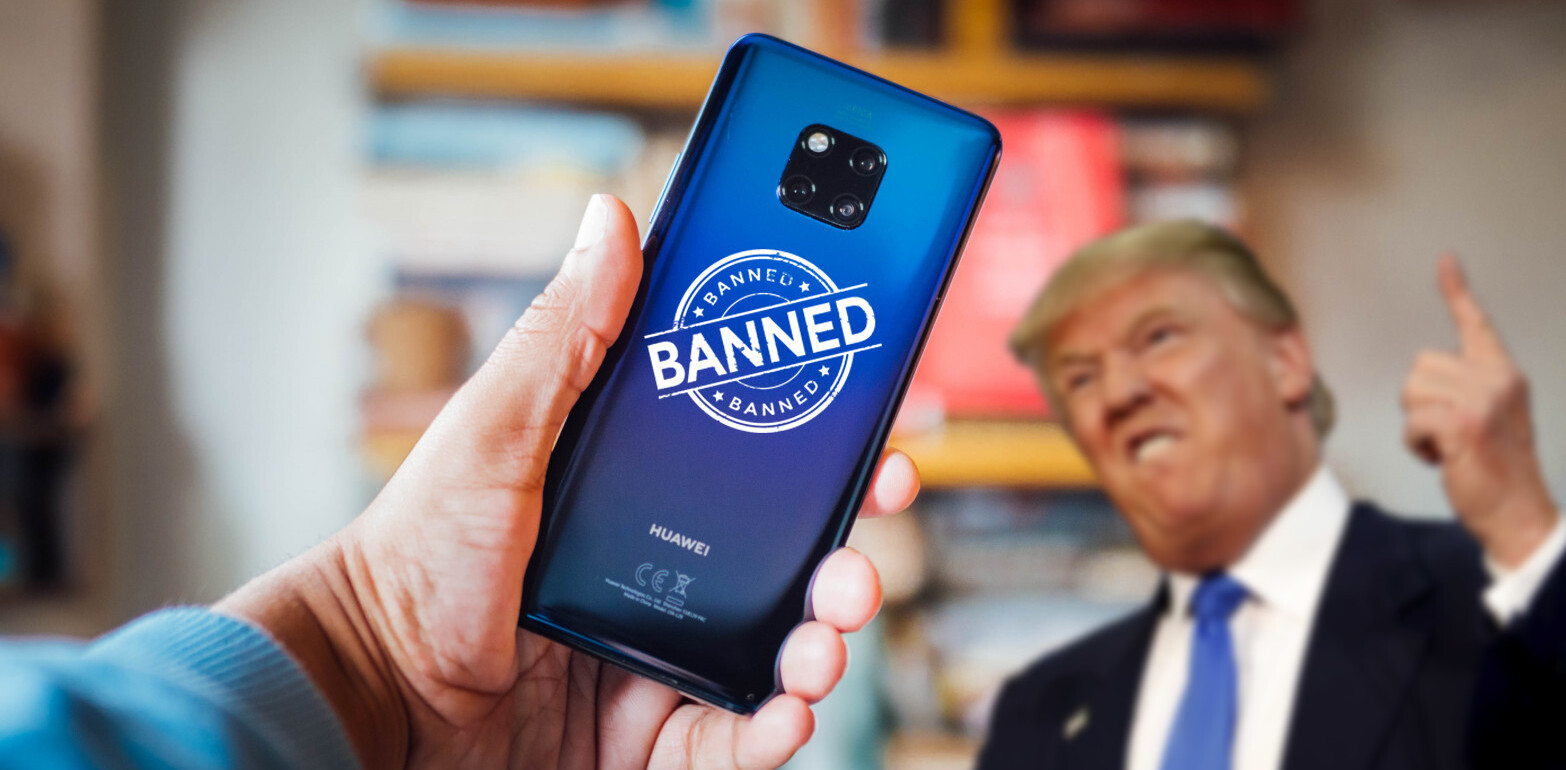
 A new report from analyst firm Piper Jaffray says that in the long run, Android is going to be the OS running on around half of the smartphone market. iOS will shrink down to somewhere between twenty and thirty percent market share.
A new report from analyst firm Piper Jaffray says that in the long run, Android is going to be the OS running on around half of the smartphone market. iOS will shrink down to somewhere between twenty and thirty percent market share.
The predicted OS breakdown says that the last twenty or thirty percent of the market will be fought over by RIM and Nokia. Despite their current dominance, the analysts are citing the importance of software and how both companies are so behind Google and Apple. However, software leaves Microsoft’s upcoming Windows Phone 7 as something of a wild card: WP7 could not only do well on its own, but there is speculation that Nokia’s relationship with Microsoft means that it might be the OS of choice when Nokia finally realizes that its own proprietary operating system won’t fly. This also means that Microsoft could get a big push in getting back into the mobile landscape.
But what I’m sure you want to know is how Android will beat the iPhone, and the answer has two parts. First is the one we saw when Windows took over the PC market: choice of hardware. Apple wants to control the hardware and the software, and you can’t separate them in any way. Android, by comparison, can be put on anything.
The other much more important factor is that Android gives higher profits to the carriers. So who are the carriers going to want to back more? Probably Android. We already see AT&T increasing the advertising it puts behind its Android offerings, despite its continued status as the only US carrier to offer the iPhone.
Does this mean Apple’s bottom line will suffer? No. The analysts predict that even with 20% of the market, the iPhone will net Apple more money than Google gets from Android. Piper Jaffray estimates that Google will make $1.35 billion in revenue from Android in 2012, whereas Apple made $1.5 billion in revenue from iPhone just in the first quarter of this year.
As smartphones become the standard (and they will be the only sort of phone anyone has in a few years), this means that Google will be heavily integrated into peoples’ mobile lives. This is precisely what Google wants: for you and everyone else to use its services and be online more. That’s why the company decided to develop Chrome. Either you use Chrome and spend more time in a browser, which means more time with a Google service of some kind, or you use a different browser which ramped up development due to Chrome and spend more time in a browser, which means more time with a Google service of some kind. Android is similar, though more beneficial to Google’s bottom line because of how directly services are tied into the phone. Would you use Mapquest on a Droid X or an EVO?
Get the TNW newsletter
Get the most important tech news in your inbox each week.



